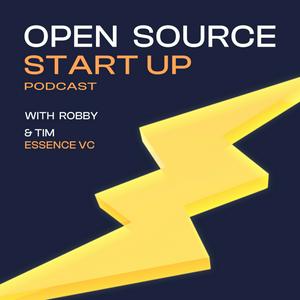In our latest episode, co-hosts Robby and Tim talk with Robert Brennan, Co-Founder & CEO of OpenHands - the open platform for cloud coding agents. Their open source project, also called OpenHands, has 67K starts on GitHub and provides a software agent SDK, CLI, and local GUI. They also have OpenHands cloud - their paid, hosted version of the OpenHands GUI.
This episode traces the rise of OpenDevin - now OpenHands - as an open-source alternative to closed AI coding agents like Devin. Open to anyone from day one, it attracted highly technical developers, academics, and eventually large enterprises that valued flexibility, privacy, and lack of model lock-in.
Launched amid the 2024 surge of excitement around autonomous coding agents, OpenHands quickly built a massive community and differentiated itself by rejecting the idea of replacing engineers, instead focusing on empowering them through transparent, human-in-the-loop tooling.
The discussion also covers the fragmented AI dev-tool landscape and why open source may define future standards. While many tools compete in the individual “inner loop” of coding, OpenHands emphasizes the collaborative “outer loop,” safety, and running agents at scale. Its organic growth, community-driven roadmap, and focus on real developer pain points highlight a future where AI accelerates software creation without removing human accountability.


